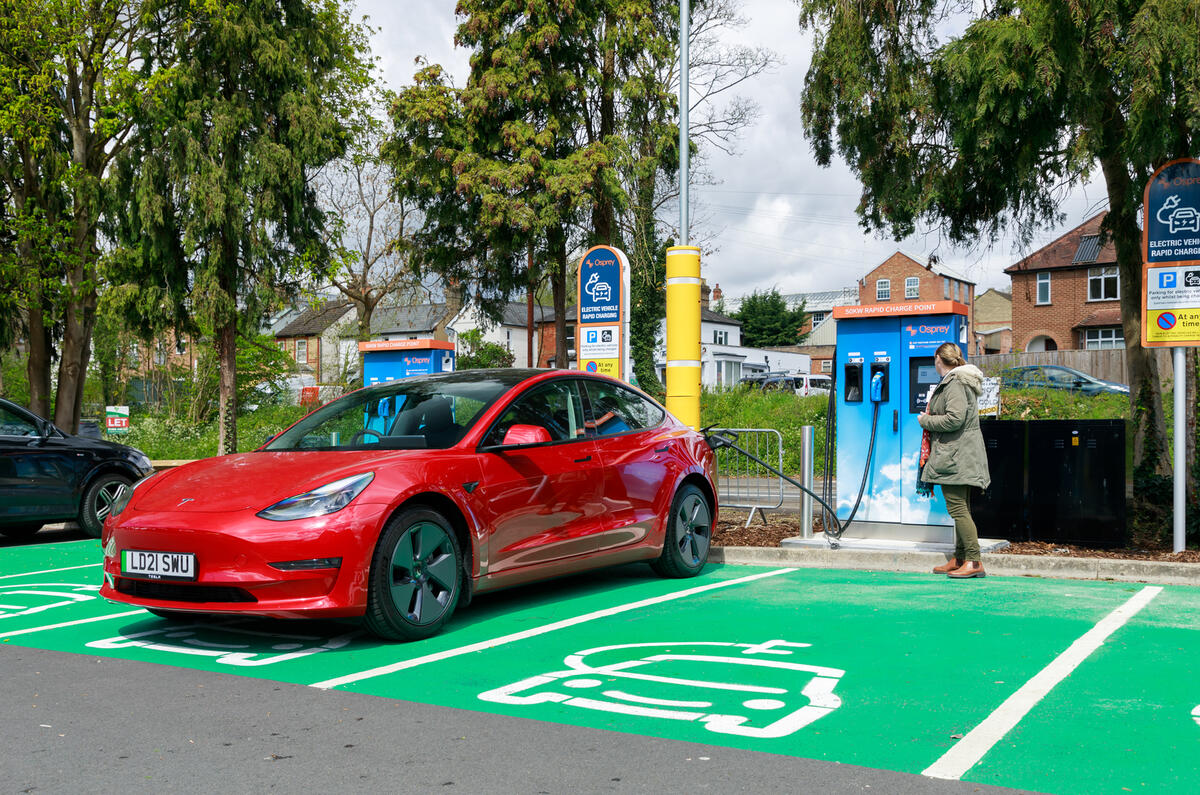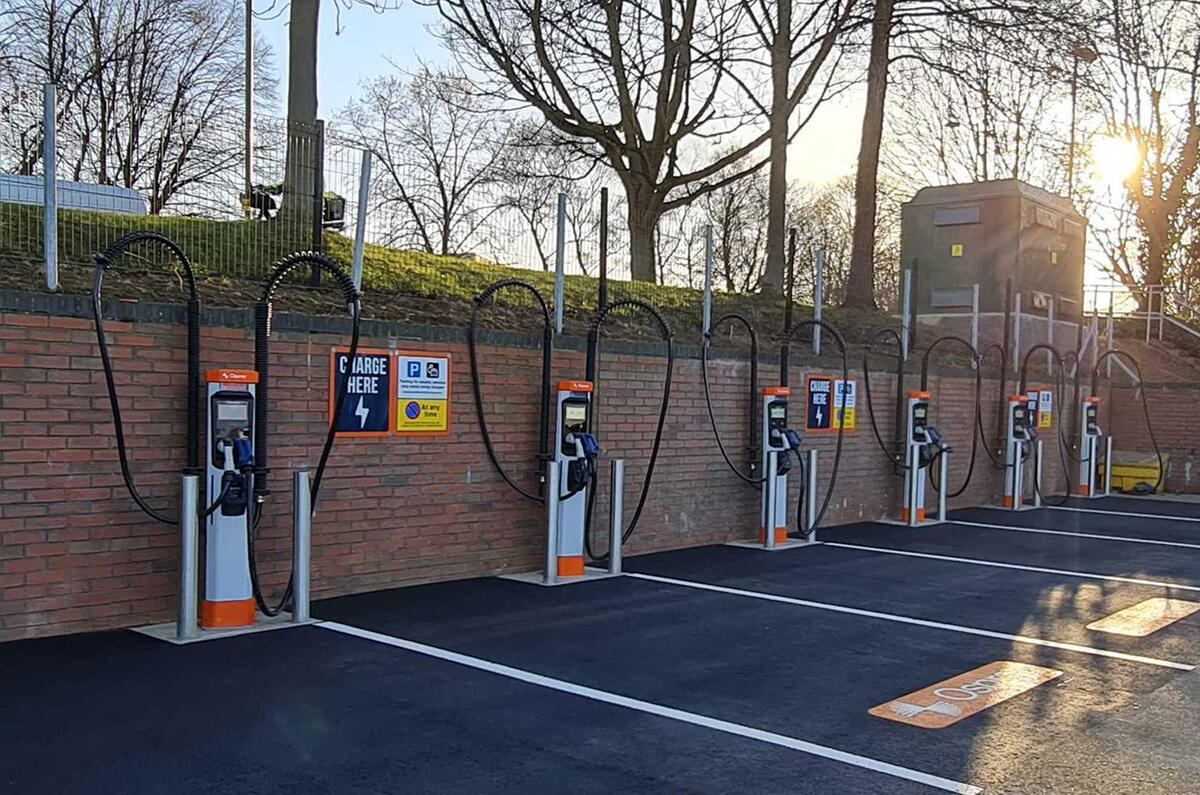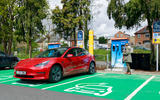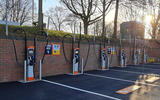British EV charger provider Osprey is renewing its focus on the user experience at its charging hubs, as it believes it has solved the issue of charger reliability.
CEO Ian Johnston told Autocar Business: “We shouldn’t be talking about reliability in 2022. We should now be talking about which [charging] experience you prefer best, and that's where you will see the likes of Osprey and others competing head to head to try to deliver you the best experience – because reliability is a 2020 problem, not a 2023 problem.”







Join the debate
Add your comment
Osprey are clearly trying to justify the huge price gouging they are engaged in by saying they have superior reliability. With most fast chargers now at 60p/kwh and some still at 35-40p/kwh, Osprey is £1. So, using an Osprey charger is the most expensive option in the UK and makes running an EV more expensive than petrol or diesel by quite a margin. Totally unjustifiable and a reason to avoid Osprey if at all possible, whatever flim-flam Johnston is expounding in this interview.